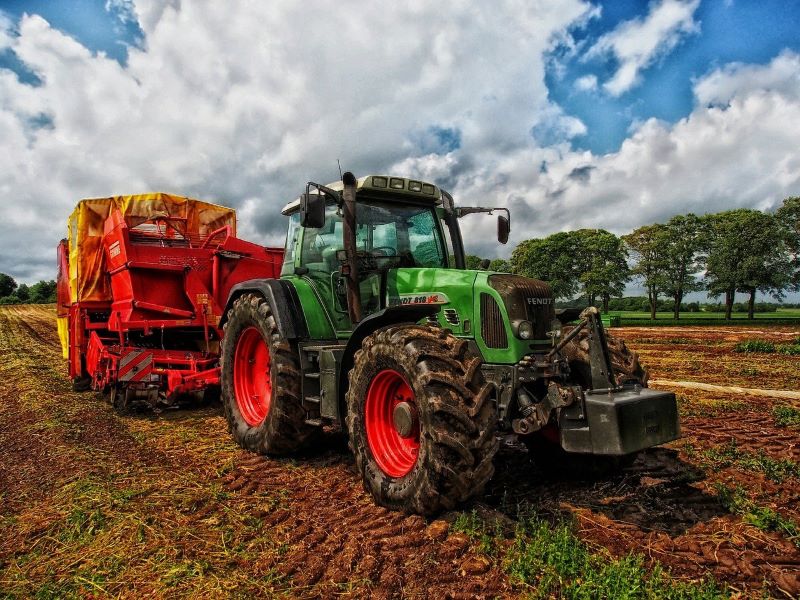 CIBIL
CIBIL
TransUnion CIBIL and SatSure launch CIBIL Report (CCFR) to improve credit flow to farmers
Credit bureau TransUnion CIBIL, in collaboration with geo-spatial data analytics provider SatSure, has launched the CIBIL Credit and Farm Report (CCFR).
This powerful solution will support lenders in improving the flow of credit to the agricultural sector using data-oriented and digital credit assessment capabilities.
The aim is to come up with ratings in such a way that loans unpaid due to natural calamities such as floods do not weigh in on the credit scores of the borrowers.
The CCFR will lead to quicker and more astute decisions on agricultural lending, and will help drive speedier and more efficient disbursement of credit to farmers, agricultural sector entrepreneurs, and businesses.
Agriculture is the largest component of India’s rural economy and access to credit in this segment is a significant growth driver for economic resurgence and financial inclusion.
The country’s rural economy impacts approximately 55% of the country’s total workforce1 and contributes nearly 18.8% to its Gross Value Added (GVA)2. India’s agricultural credit portfolio stands at $192B, contributing 12.5% of gross bank credit3.
Of this, 84% of credit comes from commercial banks4. However, insights show that only 39% of all Indian farmers borrow from formal sources, while nearly 63% of small and marginal farmers are unable to borrow from any formal source.
Agricultural credit reach and regional disparity (credit not in proportion to their share in agriculture output) are also cited as some of the key challenges in the Reserve Bank of India’s report by the working group on agricultural credit5.
Other information challenges in agricultural lending include the lack of data on determinant credit parameters such as district-wise input cost for a crop, type of crops being grown, crop-wise sown area, the number/share of small and marginal farmers cultivating a crop, and data about allied activities being undertaken by small and marginal farmers.
The CCFR combines the power of credit information from TransUnion CIBIL and crop parameters based on geo-spatial data from SatSure to provide a holistic solution to lenders for making credit decisions on agricultural lending.
It offers a digitally-powered and analytics-oriented ecosystem for agricultural financing and policy making, helping catalyze the rapid development of farming and agriculture across India.
The CCFR can also help support regulators, policy institutions and stakeholders in India’s financial ecosystem with data analytics and insights for driving sustainable growth and financial inclusion in the agricultural sector.
Speaking on how the CCFR can help catalyze agricultural credit inclusion, the MD and CEO of TransUnion CIBIL, Rajesh Kumar, explained: “Of India’s 14.6 crore farmers, only 5.7 crore have accessed credit from the formal lending ecosystem.
One of the key roadblocks for credit penetration in the agricultural sector is the unavailability of a single, holistic source of information for assessing credit risk and production risk.
Now that the CCFR is making contemporary credit insights along with crop production and production risk parameters available, lenders will have a comprehensive view for astute agricultural credit risk management and policy implementation.”
Insights from TransUnion CIBIL also indicate that public sector banks hold over 70% of the agricultural credit portfolio while private banks (14%) and non-bank finance companies (NBFCs) (4%) hold comparatively very small portion – as seen in Chart 14.
Non-availability of credible data through a single source could be a key challenge that these credit institutions may be facing while growing their agricultural lending portfolio.
Support Our Journalism
We cannot do without you.. your contribution supports unbiased journalism
IBNS is not driven by any ism- not wokeism, not racism, not skewed secularism, not hyper right-wing or left liberal ideals, nor by any hardline religious beliefs or hyper nationalism. We want to serve you good old objective news, as they are. We do not judge or preach. We let people decide for themselves. We only try to present factual and well-sourced news.







